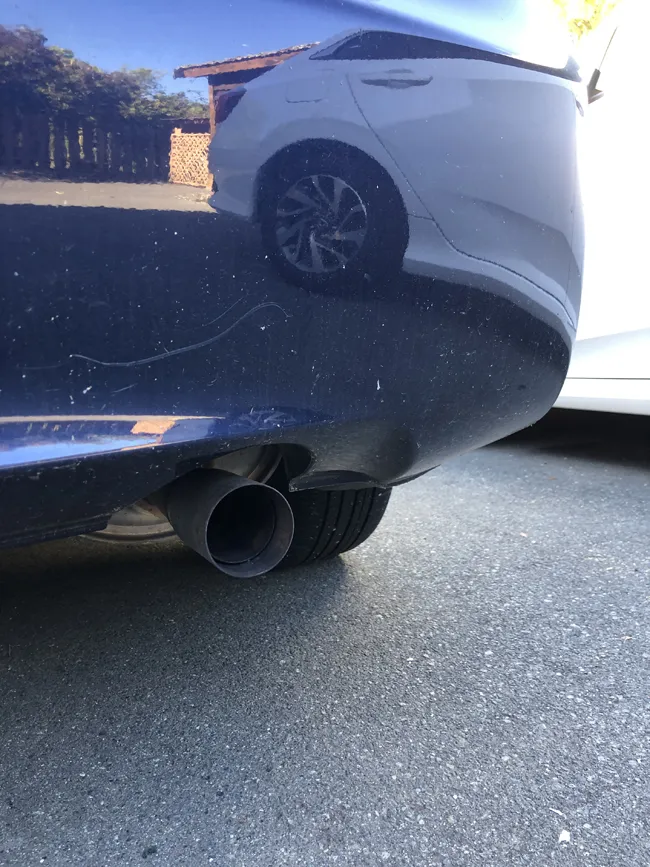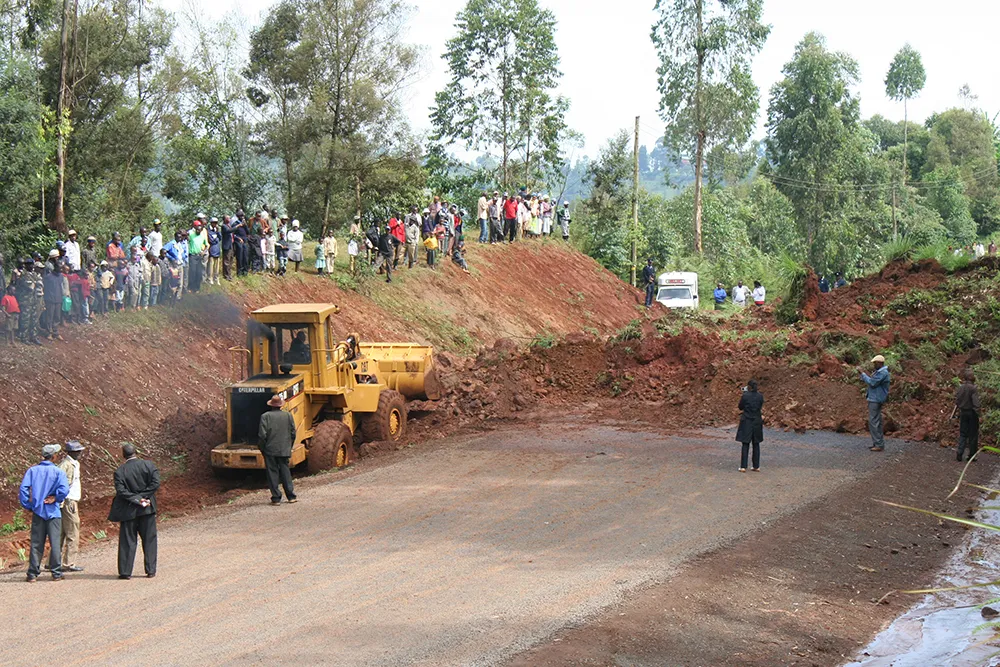
Nana Akufo-Addo, Ghana’s president, welcomed the opening of the centre, saying the increase in traffic “coupled with rapidly increasing urban population is putting a lot of pressure on facilities in our cities, especially on our road infrastructure and also sapping productivity”.
The centre, which local media claim is the first of its kind in West Africa will co-ordinate traffic lights as a main function. Around 40 traffic lights have been upgraded between the Neoplan Assembly Plant at Achimota and the city’s central business district. The upgrade includes the changing of traffic controllers from “isolated intersection controllers”, which could not communicate with each other, to “interconnected adaptive controllers”, news agency reports said.
Sensors buried in the road carry real time data to the centre where engineers observe traffic flow patterns along the corridor and can address any incident on the road. Public transportation buses can be given priority at intersections.
To further enhance safety, video cameras are being installed to capture traffic light violations.
The Accra Traffic Management Centre represents the first phase of a programme to improve mobility and reduce congestion in Accra. Under Phase 2, more than 200 traffic intersections will be similarly upgraded.
A government plan to replace thousands of private mini-buses, called Tro-Tros, with modern, larger and less-polluting buses, remains on hold. Tro-Tro drivers have threatened to strike which would have stranded hundreds of thousands of commuters.







